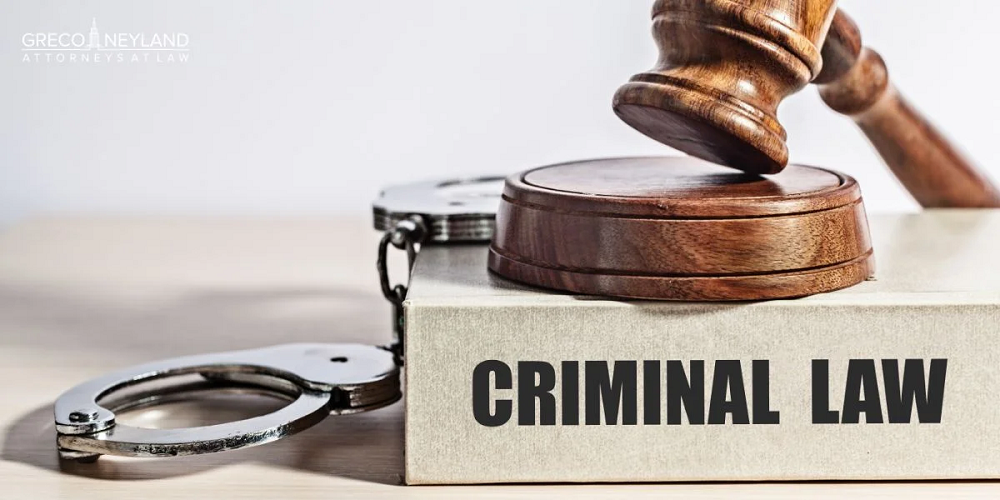Delivery trucks are an essential part of our economy, ensuring that goods and services reach consumers quickly and efficiently. However, with the increasing number of delivery trucks on the roads, accidents involving these large vehicles have become more common. When a delivery truck accident occurs, determining liability can be complex. This article will explore the various parties that may be held responsible for a delivery truck accident, helping you understand the legal landscape if you find yourself involved in such a situation.
Understanding Commercial Vehicle Liability
In general, liability in a delivery truck accident can depend on several factors, including the specifics of the accident, the relationship between the driver and company, and the condition of the vehicle. Here are some potential parties who may share liability in these accidents:
1. The Truck Driver
The primary party involved in any delivery truck accident is, of course, the truck driver. If the driver was negligent—such as texting while driving, speeding, or driving under the influence—they may be held liable for the accident. Negligence is typically established by demonstrating that the driver failed to act with a reasonable standard of care, resulting in injury or damage.
2. The Delivery Company
In many cases, the delivery company that employs the truck driver may also bear some liability. This principle is known as “vicarious liability,” which holds employers responsible for the actions of their employees while they are working. If it can be shown that the driver was acting within the scope of their employment when the accident occurred, the company could be liable for damages caused by the driver’s negligence.
3. Vehicle Owners
Sometimes, a delivery truck may be owned by a different entity than the one employing the driver. In such cases, the owner of the vehicle might also be held liable, especially if the accident is related to neglecting maintenance of the vehicle or failing to ensure that it was roadworthy. For instance, if the brakes failed due to poor maintenance, the vehicle owner could share liability for the resulting accident.
4. Third-Party Contractors
In some situations, delivery services utilize third-party contractors to perform deliveries. If a contractor’s negligence results in an accident, they could be held liable along with the delivery company. The question of liability becomes even more complex if the contractor is an independent operator rather than an employee of the delivery company.
5. Manufacturers and Maintenance Providers
If the accident is due to a mechanical failure, liability may extend to the manufacturer of the vehicle or its parts. For example, if a defective brake system leads to a crash, the manufacturer may be found liable for placing a faulty product on the market. Similarly, if a maintenance provider improperly serviced the vehicle, they could also share liability.
Establishing Negligence and Liability
To determine who is liable in a delivery truck accident, it is essential to establish negligence. This involves proving four key elements:
- Duty of Care: The responsible party had a legal obligation to act with a certain level of care to prevent harm to others.
- Breach of Duty: It must be demonstrated that the responsible party breached this duty through their actions or inactions.
- Causation: There must be a clear link between the breach of duty and the accident that caused injuries or damages.
- Damages: The injured party must have suffered actual damages as a result of the accident, which could include medical bills, lost wages, or property damage.
Collecting Evidence
Establishing liability often requires gathering substantial evidence. This collection may include:
- Police Reports: These documents provide an official account of the accident, detailing how it happened, the involved parties, and any citations issued.
- Witness Statements: Eyewitness accounts can provide valuable context and describe the events from an unbiased perspective.
- Accident Reconstruction: In complicated cases, experts may be utilized to piece together how the accident occurred and who was at fault.
- Company Records: If a delivery company is involved, their records regarding the driver’s training, vehicle maintenance, and safety protocols may come into play.
What to Do After an Accident
If you are involved in a delivery truck accident, it’s crucial to take specific steps that can impact your case:
- Stay Safe: Ensure your safety and the safety of others first. Move to a safe location if possible.
- Call Emergency Services: Report the accident to the police and seek medical attention if needed.
- Document the Scene: Take photographs, gather witness information, and document your account of the events.
- Avoid Admitting Fault: Discuss the accident with law enforcement, but avoid making statements that could be interpreted as admitting fault.
- Consult a Legal Expert: Navigating liability in a delivery truck accident can be complicated. Consulting a skilled delivery truck accident attorney is advisable to help you understand your legal options and rights.
Conclusion
Understanding liability in delivery truck accidents is vital for anyone involved in such incidents. Whether it’s the driver, the delivery company, the vehicle owner, or other parties, several elements will come into play when determining who is responsible. If you or a loved one has been involved in a delivery truck accident, seeking legal representation can help you navigate the complexities of your case effectively.
Always consult with an experienced attorney to explore your options thoroughly and ensure you receive fair compensation for your losses.



